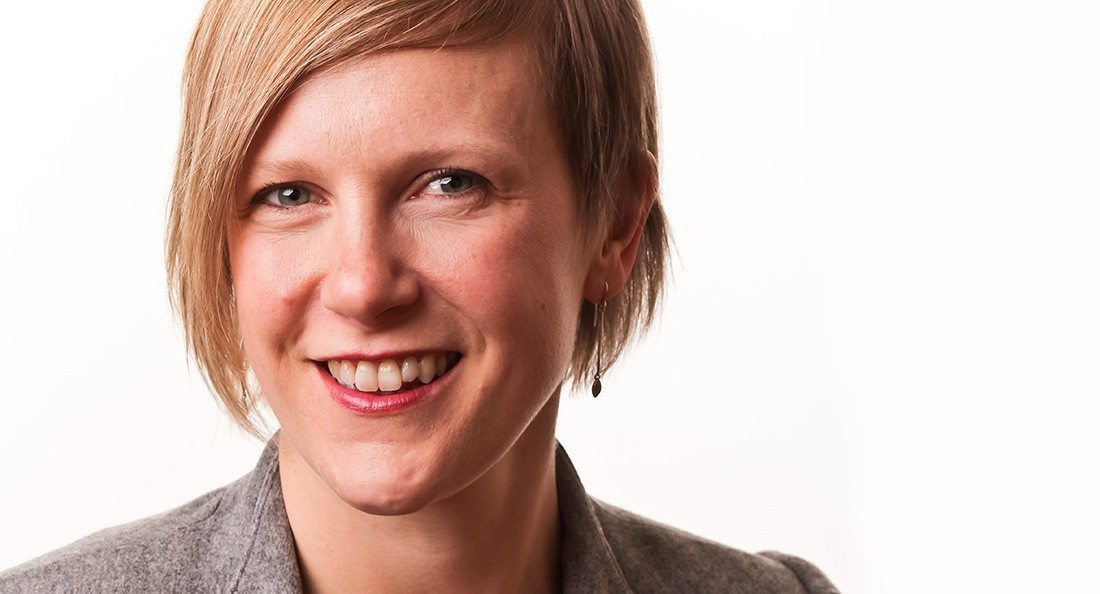What the heck’s a think tank?
Exploring the significance of research groups in Manitoba
When seeking out reform or review of public policy, the answer is sometimes found in between the community that calls for reform and the government that executes it.
“Think tanks do research to help inform and educate democracy and civil society for the best outcomes for all Manitobans,” Molly McCracken, director of the Canadian Centre for Policy Alternatives (CCPA), says.
McCracken explains part of the work think tanks do is conducting research on the services and programs Manitobans rely on, such as healthcare, education, infrastructure and more. These services are provided by provinces and municipalities with set and collected tax dollars. This helps ensure essential services are functioning at their best for Manitobans and Winnipeggers.
“More broadly, CCPA does research on social exclusion, poverty and income inequality to demonstrate that solutions are within reach,” she says. “Public policy is about the choices governments make, and CCPA shows that alternatives exist to deal with the root causes of social exclusion and environmental justice to create a Canada that has ‘enough for all, forever’.”
Alongside submitting op-eds to the Winnipeg Free Press and the CBC, she also says the CCPA’s website provides information and commentary on current issues.
But when looking for alternatives or ways to modify current policies, how does one navigate these organizations and understand their background and motives in research and reforms?
“Most think tanks operate in a kind of grey area between private and public sectors. A distinction often depends on how they obtain their funding,” Stefan Dodds, assistant professor in the University of Winnipeg economics department, says.
Dodds says the diversity of think tanks means they can be difficult to navigate, and making your own judgment on a think tank can be very subjective, as it requires relying on your own values to make a decision.
“What we think of as a think tank runs the gamut from an independent research centre to a glorified consulting firm to a thinly-disguised lobby group. Is the role of the think tank advocacy or research or both?” he says. “It’s not immediately obvious to the public which is which, and that’s the key issue.”
To explain, Dodds gives an example of a potential influence of a think tank.
“I could probably start MIPS: the Manitoba Institute of Pizza Studies and produce a series of publications about how pizza consumption is good for mental health and improves family life. I would be funded by a group of pizza chains, and I would be open about that. Does that mean my research should be dismissed out of hand?” he says.
“Ultimately, you would have to read my pizza studies critically and go over my methods and come to your own conclusions.”
By reviewing a specific think tank’s background, one can compare what information is being brought forward by think tanks and why.
“I would say the one thing that Manitobans can do to critically review think tank content is to engage (or improve) their quantitative skills. Numerical results can be manipulated by changing scales of comparison or confusing frames of reference.”
Dodds also says that advocacy groups sometimes present themselves as think tanks, and this compromises the objective value of information provided by true think tanks. Regardless, he is optimistic about the potential value think tanks present.
“We should certainly encourage research at all levels in our province, with the caveat that it should be research that is well done and starts from open questions and not predetermined answers,” he says.
Published in Volume 71, Number 25 of The Uniter (March 23, 2017)







